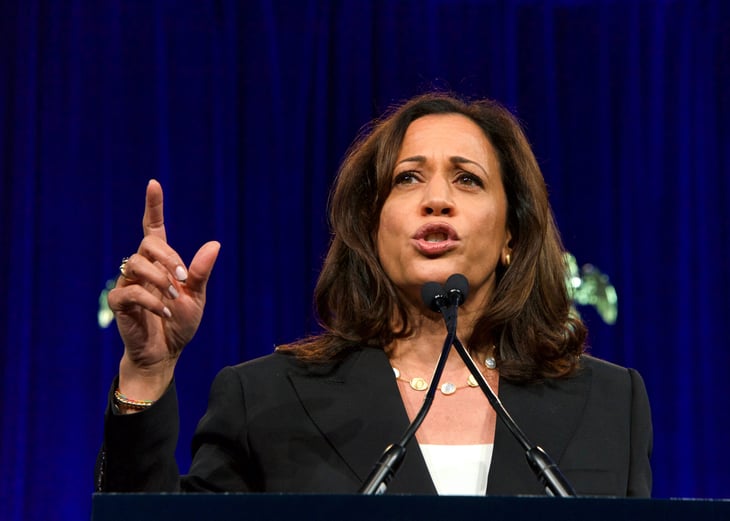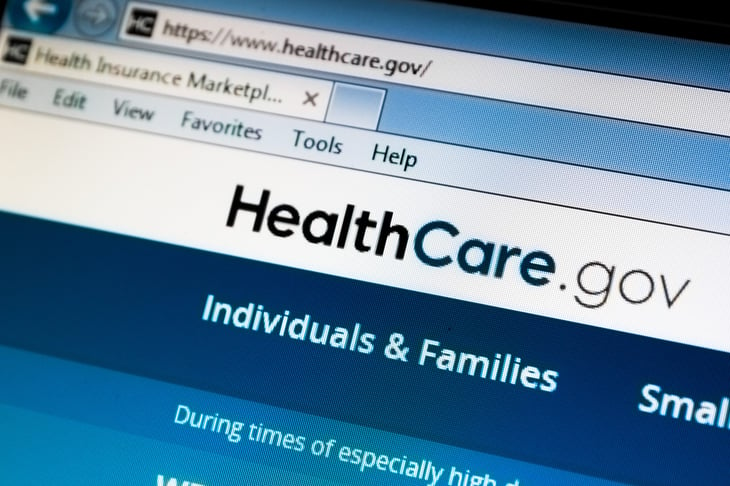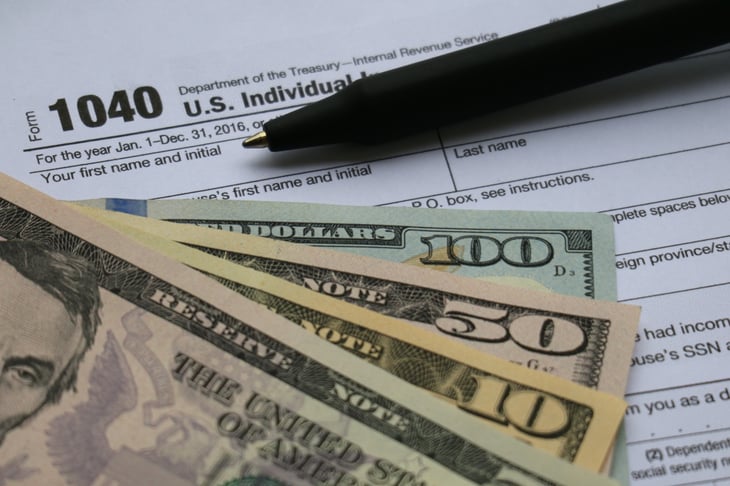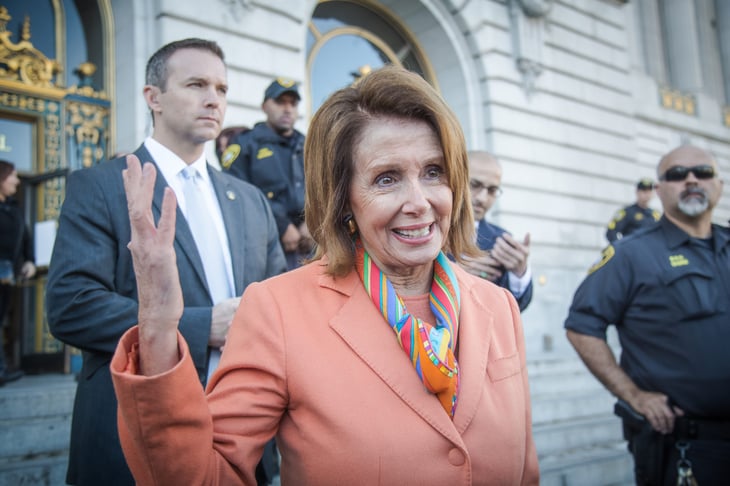
After nearly a year of negotiations, an overhaul with major cuts and a name change, Democrats’ big spending bill is poised to become law.
The Inflation Reduction Act of 2022, which in a prior life went by the Build Back Better Act, passed the Senate on Sunday by the narrowest possible margin. Vice President Kamala Harris cast the tie-breaking vote, as required by the U.S. Constitution.
If the House passes the current version as-is, Americans will begin to see an array of long-sought changes — related to the environment, taxes, health care costs and more.
Here is a look at some of the biggest areas of spending in the estimated $740 billion legislation that could affect you.
1. Green tax breaks for consumers

Much of the spending in the bill — an estimated nearly $375 billion — would be a historic investment in mitigating climate change, doled out over a decade.
As part of that effort, the bill would create a number of environmentally friendly tax breaks for individuals, including:
- Various tax breaks and rebates that could be worth more than $10,000 in total for energy efficiency home improvements, including rooftop solar power, electric water heaters and electric HVAC systems
- A $7,500 tax credit for buying a new electric vehicle
- A $4,000 tax credit for buying a used electric vehicle
2. Extended increased ACA subsidies

Under the Affordable Care Act of 2010, many Americans who do not have workplace health plans or Medicare are already eligible for subsidies that help pay their health insurance premiums through what’s known as the “premium tax credit.”
The American Rescue Plan Act of 2021 expanded that credit, but only for 2021 and 2022. The new bill would extend the increased credit for three more years.
3. Lower Medicare drug costs

Other provisions of the bill would aim to lower health care costs for seniors. Here are some of the specifics, according to a news release from Senate Majority Leader Chuck Schumer (D-N.Y.):
- Limit out-of-pocket prescription drug costs for Medicare patients to $2,000
- Limit drug companies from raising prices beyond the pace of inflation
- Expand low-income subsidies to help seniors pay health premiums and for prescription copays
4. Tens of billions of dollars for the IRS

The bill would increase funding for the IRS, aiming to make taxes less painful for most of us and far more painful for tax evaders. It would allot:
- $3.18 billion for “taxpayer services”
- $45.6 billion for “enforcement”
- $25.3 billion for “operations support”
- $4.8 billion for the IRS’ “business systems modernization program”
- $15 million for a “task force to design an IRS-run free ‘direct efile’ tax return system”
5. More taxes on corporations

Such an enormous bill raises an obvious question: How are we going to pay for this? A big part of the answer is new taxes on big business.
The bill would introduce a new 15% minimum tax rate on companies with more than $1 billion in annual profits, estimated to raise $258 billion over 10 years.
A new 1% excise tax on stock buybacks could raise an additional $74 billion over 10 years. This change could also benefit individual investors in dividend stocks, according to Barron’s.
The investment in IRS enforcement is also expected to help pay for the bill by raising a projected additional $124 billion from tax cheaters over a decade.
What happens next?

To become law, identical versions of a bill must pass both the House and the Senate and then be signed by the president. Currently, the House needs to vote on the Senate-approved version.
Because any changes by the House would force the Senate to reconsider the bill, putting it at fresh risk of failure, House Speaker Nancy Pelosi (D-Calif.) intends to push for a clean vote on the bill as-is, likely later this week.
President Joe Biden, who has pleaded with Congress to pass some version of the spending framework announced nearly a year ago, will then promptly sign it into law. Following the Senate vote, he released a statement saying, “The House should pass this as soon as possible and I look forward to signing it into law.”
Senate Minority Leader Mitch McConnell (R-Ky.) issued various statements claiming Democrats voted “to make inflation worse at the worst possible time,” to “keep Americans’ energy bills high,” to “starve Americans of life-saving medications,” to “raise Americans’ gas prices” and “to sic a horde of IRS auditors on American families.”




Add a Comment
Our Policy: We welcome relevant and respectful comments in order to foster healthy and informative discussions. All other comments may be removed. Comments with links are automatically held for moderation.